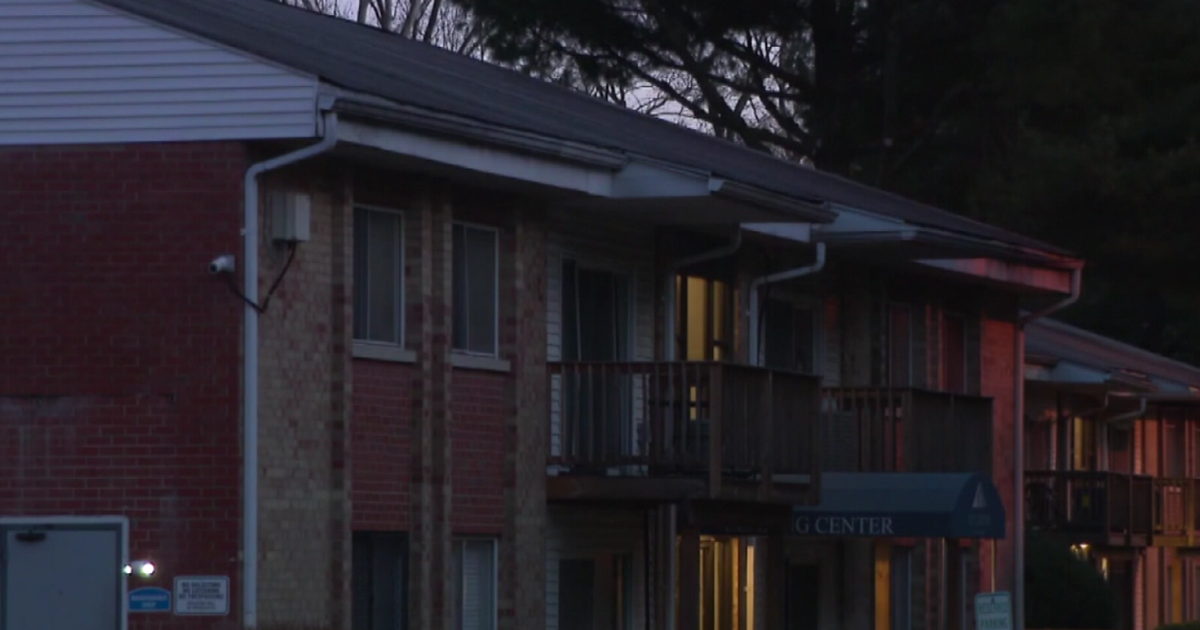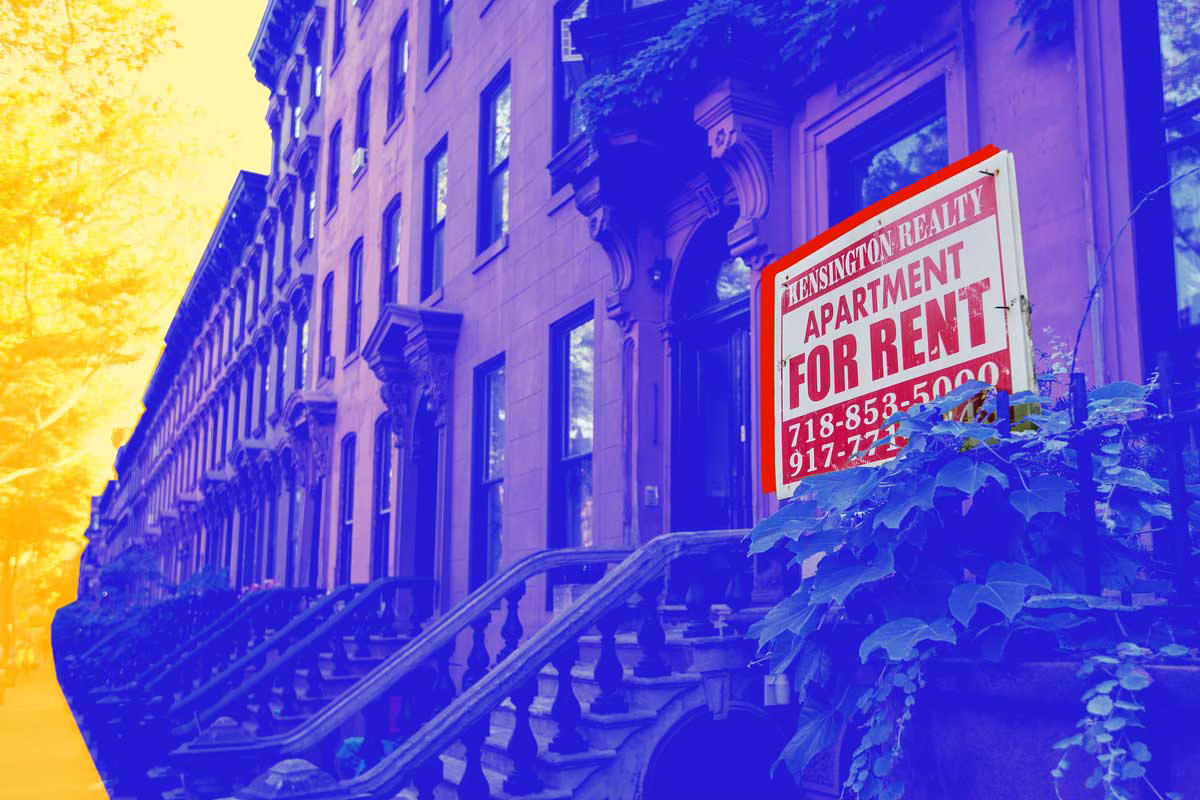Landlord group sues federal government for rent lost under eviction moratorium
A landlord group is suing the federal government for back rent, claiming that the government's effort to keep people housed during the coronavirus pandemic has left property owners on the hook for tens of billions of dollars.
The National Apartment Association, a trade group whose members control about 10 million rental units, filed the suit late Tuesday in the United States Court of Federal Claims in Washington, D.C.
The NAA claims that the U.S. Centers for Disease Control and Prevention's eviction moratorium was unlawful and has left landlords "holding the bag on $26.6 billion in rental debt after operating under extreme conditions for 16 months," according to its announcement.
"The CDC Order has subjected property owners nationwide, over their objection, to an extended Government-authorized physical invasion, occupation, or appropriation of their private property by third parties without compensation," according to the complaint. It goes on to claim that landlords "have suffered enormous economic consequences" from being "unable to evict non-rent-paying tenants from rental units and to generate income by leasing those units to rent-paying tenants."
The struggle is not over, according the group. "With the meter on rent debt still running, political will waning and Congress moving past COVID-relief measures, NAA is putting up the greatest fight yet and asking the courts for two things: Fair compensation for damages suffered under the unlawful CDC order and an assurance that the federal government can never do this again," the group's announcement said.
Housing advocates panned the suit.
"It seems like this is part of a sustained attack on civil rights and the ability of the federal government to protect everyday people," said Eric Dunn, director of litigation at the National Housing Law Project.
"I don't see how they're going to be able to prove that these restrictions caused the damage that they're claiming, especially when the government has approved tens of billions of dollars in federal rental assistance funds that these landlords can apply for," he added.
A rent deficit
Congress authorized more than $46 billion in aid to renters through two bills passed in December and March. However, according to NAA president and CEO Robert Pinnegar, the CDC order — which protects renters making less than $99,000 a year from eviction — oversteps, as it includes people who don't qualify for funding under congressionally authorized aid programs.
"There is a population of people who have been protected by the CDC order but, because of circumstances of their income, they may not be able to access funding," Pinnegar told CBS MoneyWatch.
The NAA reached its $26 billion estimate in rent debt by adding up an Urban Institute calculation of rent owed in January 2021 and estimates from the Mortgage Bankers Association of rents for the first half of the year, then subtracting funding authorized by Congress.
In addition to the NAA, the lawsuit also names four property management companies as plaintiffs: Darby Development Company, which has nearly 1,500 units in South Carolina; GWR Management, with about 4,600 units in Texas and another 1,200 across the southeast U.S.; McLean Investments, which has 72 apartments in Texas; and Shander International, based in Nevada. All four, according to the complaint, have been unable to evict nonpaying tenants and have suffered financially because of it. (NAA's Pinnegar did not have details of the landlords' financial situations.)
COVID concerns
The CDC halted some types of evictions last September, reasoning that keeping people housed would slow down the spread of COVID-19. The order has since been extended several times, but is set to expire on Saturday, July 31.
Since the order was first imposed, peer-reviewed research has demonstrated that evictions do indeed spread illness. A study in the American Journal of Epidemiology found that states that didn't stop evictions last summer were responsible for 10,700 additional deaths from COVID-19 and 433,00 additional infections.
The NAA previously sued to overturn the CDC's eviction ban in September of last year, after it had been in place for just two weeks. A federal appeals court ruled against the landlord group earlier this year.
Other courts split
Other courts nationwide have been split over the legality of the CDC's order. Some federal courts have found that the CDC exceeded its authority when it banned evictions, while the Supreme Court last month narrowly upheld the order.
However, no courts have supported the NAA's claim that the CDC's order is unconstitutional, noted Dunn, of the National Housing Law Project, adding that health agencies need to have the legal authority to make public-health rules in order to protect people.
"If we had mass evictions in September and October of last year, before vaccines were available … who knows what would have happened," Dunn said.
"If their goal is to make sure the government can't do that in the future if we have another pandemic, that's obscene," he said.





